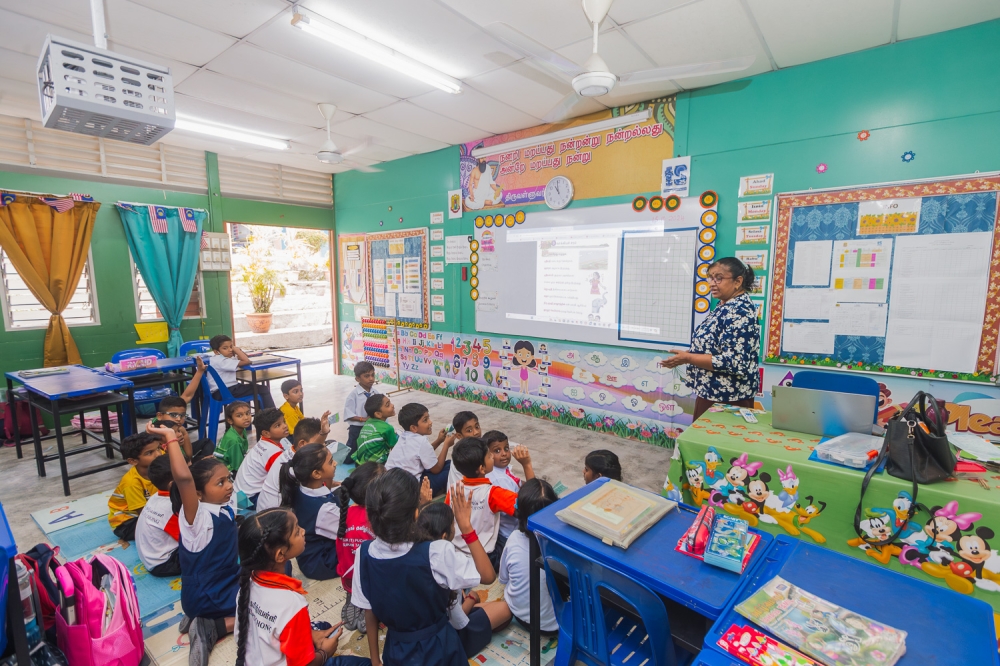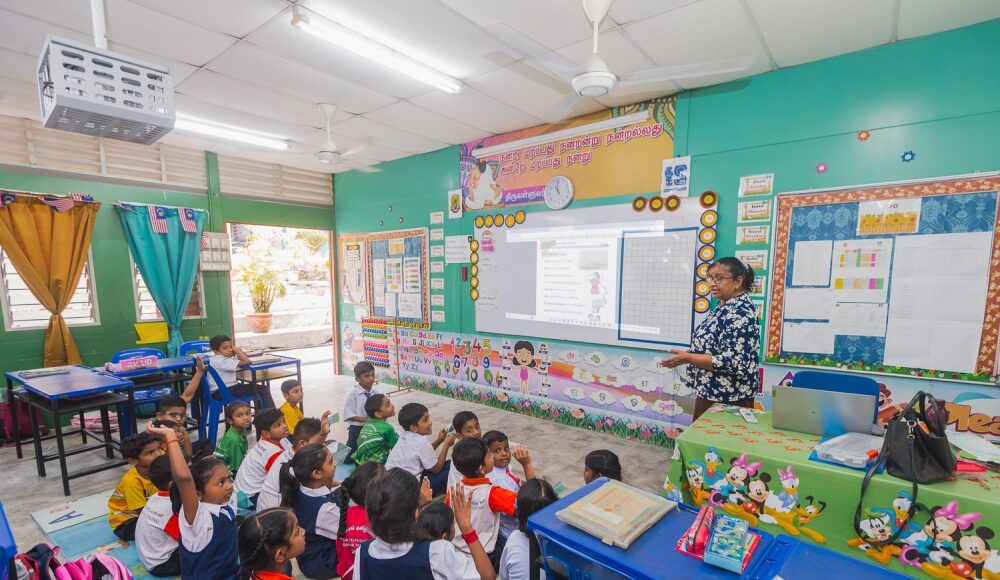MAY 16 — Educationist Datuk Rasammah Bhupalan passed away just days before we mark Teachers’ Day on May 16. The timing feels significant, almost poetic. After all, she wasn’t just a teacher. She was an icon of what it means to educate, lead and fight for others.
As we remember her life, we’re also reminded of the teachers around us today — the quiet heroes in classrooms, canteens and school corridors who continue to shape young minds, often with little fanfare.
Education has always been close to my heart. I had my early education in Segamat, where teachers were more than just educators. They were mentors, role models and sometimes even second parents.
I did not come from a rich family, living far from the nearest tuition centre or secondary school. But my father always insisted that education was important, not just for grades, but for a better life.
In the 1990s, we were among the first families in our area to own a desktop computer. And when TM launched its Internet dial-up service (yes, the type where the modem made that annoying static sound when trying to connect to the web), we were the first in our community to sign up! My parents believed in opening doors for us, even if it meant riding on the back of a motorbike or in the back of a lorry just to get to school or English tuition.

I still remember my English tutor, Miss Lian. She was from Malacca and couldn’t speak Mandarin. I was only seven, and I didn’t understand English. One day, she mentioned Snow White, a story I had never heard before. She was taken aback.
She felt that no child should grow up without fairy tales. So she asked her colleague to translate the story into Chinese just so I could understand. That kindness has stayed with me. To this day, I believe teachers don’t just teach — they shape futures.
That’s why Rasammah’s legacy resonates so deeply. She taught in schools, but her impact went far beyond them. As a young woman, she joined the Rani of Jhansi Regiment to fight for India’s independence. Later, she founded the Women Teachers’ Union in Malaysia and pushed for equal treatment and better conditions for women in education. She didn’t just teach from a syllabus; she lived her principles.
In many ways, Rasammah’s story mirrors the struggles of countless women in education, especially those in suburban, rural or underserved communities. I’ve met many such educators in my constituency in Jementah — women who give their best in school and then rush home to care for their families. Women who take extra time to help a student who’s falling behind. They may not call themselves activists, but through their work, they uplift entire communities.
Yet their efforts often go unnoticed. Many still face unequal opportunities when it comes to promotions or leadership roles. Some teach in difficult conditions, in schools without proper facilities or in remote areas most would avoid. Still, they carry on.
This is why I believe our appreciation for teachers must go beyond words. It must be seen in policy, funding and long-term planning. In Jementah, I’ve tried to do my part as the Adun such as supporting school improvement projects, helping bridge the digital divide and creating spaces where young people can thrive.
From sponsoring Jementah students to pick up computer coding skills, to donating laptops to underprivileged families and allocating funds for school infrastructure upgrades, education remains high on my priority list.
But more can and should be done. We need to reimagine how we support teachers, especially women. That means not only improving infrastructure, but also investing in leadership pathways, mental health support and a work culture that values care as much as performance.
It also means listening more to what teachers are saying about their classrooms, their students and the system they work in. They are closest to the ground. They know what’s working — and what’s not.
Rasammah once said, “If you want change, don’t just talk. Do something.” She lived by those words. As we reflect on her life and the many educators still carrying the torch today, let us honour them not just with remembrance, but with resolve.
Let this be a moment not just to look back but to commit to something better for the future. Because when we empower our teachers, we’re not just building better schools. We’re building a stronger, fairer nation.
* Ng Kor Sim is the state assemblywoman for Jementah, Johor.





